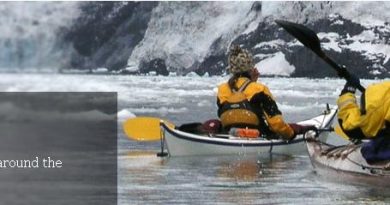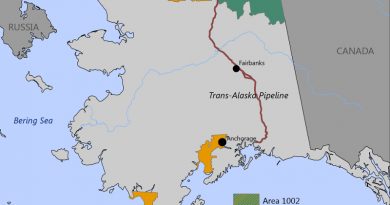Getting to know Qikiqtarjuaq
The population of Qikiqtarjuaq is predominantly Inuit, and, depending on who you ask, about 400 to 500 people currently live here. To those living in Nunavut, the community is often referred to as just ‘Qik’. But other than that fact that the community is one of two jumping off points for Auyuittuq National Park (the other is the community of Pangnirtung to the south), Qikiqtarjuaq isn’t on the radar for most people.
When Eye on the Arctic told people the community was the first stop on our next reporting trip, we lost count of the times people (even Northerners!) asked us ‘Qikiqtarjuaq? Why are you going there?’ But in fact, Qik a pretty fascinating place.
Just based on our conversations since we’ve been here, the majority of the people living in Qik come from three main groups; those relocated here from Inuit camps at Kivitoo in 1963 or from Padloping Island in 1968 or those who moved to Qik for work on the nearby Distant Early Warning Line (or DEW Line) in the 1950s.
The relocations are still a painful subject for many families. One man I spoke with told me he was only four or five when the relocation happened but that he still goes back to Padloping Island when he can so he can ‘get away from the fast lane’ in Qik.
But besides Qikiqtarjuaq’s rich history, it’s also one of the friendliest communities I’ve ever been to. We haven’t been here long but, so far, almost without exception, people have been welcoming, gracious and exceedingly generous in letting us film their homes, schools and community events.
We’re off to a great start.



